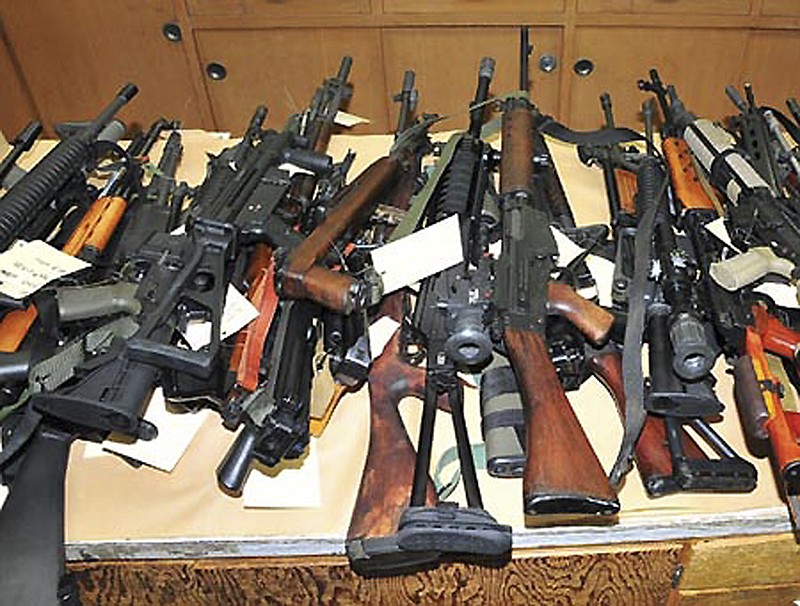Moments after every recent mass shooting, a politician who has had a microphone shoved in his face by a reporter with an agenda mouths something about it being too soon to talk about the incident, its causes and its relevance in the debate on guns.
The reporter, in turn, dutifully repeats the politician's prudent words, which are then spun to make the words and the politician seem callous, careless and unfeeling.
The political pornography on endless loop that has become national reporting on today's mass shootings, thus, is downloaded once again and becomes part of the cesspool that is destroying legitimate debate.
When politicians say it's too soon to discuss the facts around a shooting, they mean they don't know the shooter's motive and background, they don't know if the incident was random or was related to something that happened at the school, they don't know what kind of gun was used and how the gun was obtained, and, finally, they don't know if the responses made to the incident were proper or incomplete.
Unfortunately, that leaves all the air in the room to be taken up by national reporters with an agenda. It weaponizes everyday people on social media who don't know an assault rifle from an automatic weapon from a semiautomatic weapon, who don't know what's legal and what's not, who don't know how to distinguish mental illness from a lousy childhood, and who are unable to differentiate between a gun-rights culture that demands responsible use of guns for hunting, sport and self-defense and a criminal culture that seems to seek out places where government restricts gun rights. And it spotlights the opinions of celebrities who have enough trouble staying in their own lanes of song, theater and television without posing as experts on society.
Without the needed bit of perspective suggested by the politician, cries of banning guns, eliminating the Second Amendment and arming teachers result.
In the meantime, research shows that local law enforcement was called to the home of accused Florida high school shooter Nikolas Cruz 39 times but he still passed a background check for the gun he used to kill 17 people; that the FBI failed to follow a credible tip on Cruz weeks before the shooting; that rifles of all types are used in less than 3 percent of murders annually; that people who fail gun background checks can technically be prosecuted but rarely are; and that gun crime prosecutions and convictions under the Obama administration declined to their lowest levels in nearly a decade.
That leaves a lot more blame to spread around than to be placed just on a gun, one that was legally in the hands of one person out of more than 100 million law-abiding gun owners. But guns and their availability do need to be in the mix if Congress can put aside its partisanship and have a discussion about what is possible to do.
Such a conversation would have to start with abandoning comfortable positions like getting rid of all guns or arming everyone to the teeth. Minus rhetoric on both sides, there seems to be plenty of room for compromise.
After all, the National Rifle Association and the National Shooting Sports Foundation have said the National Instant Criminal Background Check System needs to be strengthened. President Trump also has mentioned strengthened background checks, closer monitoring of the mentally ill, increasing the minimum age of gun owners, and the outlawing of bump-stocks, which enable a semi-automatic rifle to fire faster. He also has talked about better securing schools and about allowing some individuals in schools with proper training - he never said all teachers - to have guns.
All of those suggestions, plus a more energized prosecution for gun crimes, are starting points for meeting in the middle of an issue that cries out for action - and for thoughts and prayers, by the way.
As a free people, though, we're vulnerable. Many of us would never handle a gun, shoot a gun or own a gun, but we believe it is our right to do so if we choose. And we'd choose being vulnerable over having a government that would confiscate our guns and then decide how and when they should be used.
In the midst of those rights, though, we believe there should be limitations and checks and restrictions on those guns. But what limitations, what kind of checks and what sort of restrictions?
A moment after a shooting occurs is, in fact, too soon to talk about such an important issue. But when will it be too late?
